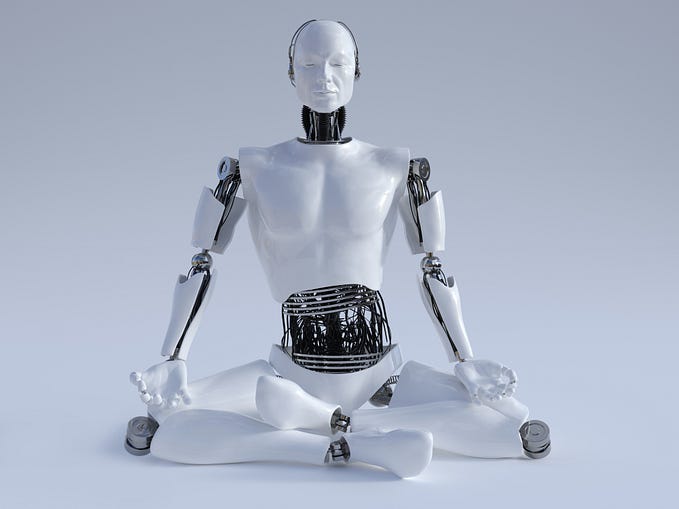‘The More I Learned About GMOs, the More I Felt Betrayed’
At 11, I started researching GMOs; it turned me into an activist

By Rachel Parent
Growing up, I had little awareness of the world around me. I lived in a perfectly constructed bubble of childhood that allowed me to flourish and enjoy what young adolescence had to offer. My knowledge of the world was superficial, like most children. I remember being fascinated with nature and animals, easily entertained by the subtle movements of leaves hanging on branches or robins collecting worms.
I attended a small school in the country, a little outside of Toronto, beside a farm that grew corn and soybeans. I’d watch intently as a tractor moved from side to side, methodically spraying substances that were unknown to me at the time. I had no knowledge of genetically modified organisms (GMOs), pesticides, or other chemicals. I had no fear that the haze of chemicals that drifted into our playground could be damaging my health and the environment. I didn’t question or think twice about it; this is what I knew as normal.
My ignorance of the world of farming continued until I was around 11. Like many sixth-grade students, we were assigned to write a three-minute speech on a topic of our choosing. The class buzzed with a mixture of dread and excitement. Upon reflection, perhaps I was the only one who was actually excited. I felt it would be a good opportunity to speak about one of my many interests, including my passion for animals, the environment, poverty, or deforestation. Growing up vegetarian, I always felt a deep need to protect the voiceless, especially animals in factory farms. With this in mind, I began to research our food system, only to realize that all the issues I cared about were deeply interconnected. I began to realize that corporations were monopolizing and patenting seeds, the very source of our food, causing food insecurity, instability, and farmer dependency on corporations and their toxic chemicals.
I learned that many of these companies were growing palm oil and genetically modified soy in sensitive areas of the Amazon, destroying biodiversity and wildlife while displacing indigenous peoples. I found out that some of the pesticides being used, such as glyphosate and neonicotinoids, were causing irreparable damage to bee colonies and other vital pollinators, and that these chemicals were making their way into the water that we drink every day.
The more I learned about GMOs, the more I felt betrayed. Proponents of GMOs were trying to make us believe that GMOs were necessary to address global hunger, reduce the use of pesticides, and solve blindness in Asia. Instead of fulfilling these promises, I learned that one-third of GM crops were being fed to animals in factory farms, one-third was going to create ethanol, and one-third was going into junk food and processed packaged foods, rather than feeding the world or creating a better future. To make matters worse, the use of pesticides was skyrocketing with GMOs.
I learned that I was consuming these foods, drenched in toxic pesticides, every day without even knowing it. That’s because GM ingredients including corn, canola, soy, and sugar from sugar beet weren’t, and still aren’t, required to be labeled as genetically modified. I wanted transparency. I wanted the right to choose what I eat, like citizens of 64 other countries around the world with mandatory GMO labeling requirements. I found it outrageous that Canada and the U.S. are the only two industrialized nations in the world that don’t require labeling.
This shock and outrage started my journey into activism. Stumbling across the one acronym, “GMO,” forever changed my life into a pursuit for a more transparent food system and the right to choose how I nourish my body. It’s been an incredible adventure so far, leading me to debate Kevin O’Leary (from “Shark Tank”) on national television; crash a Monsanto shareholder meeting; start my own nonprofit organization, Kids Right to Know, and an event platform, Gen-Earth; and become an international speaker and climate change activist. All things I had never envisioned for my future.
In recent years, my focus on the environment has grown, and I’ve continued to learn about the harsh effects of industrialized agriculture on our climate. When we use systems of farming that employ GMOs and herbicides such as Roundup/glyphosate, the soil is damaged. When our soil is damaged, it releases CO2 into the atmosphere, contributing further to the climate crisis. The reverse happens when proper land management techniques are used. By instituting organic, regenerative agricultural practices, we actually have the capability to draw down carbon and store it in the soil.
While the state of our world can sometimes seem overwhelming, regenerative agriculture is a key development that demonstrates that change is not only possible, but that we can create that change through the purchase decisions we make. In other words, every bite counts when it comes to creating a better future.
For me, going to the grocery store or a local market has become about more than just picking out food. It has become about seed sovereignty, protecting our food from patents, making healthy food available to everyone, and protecting our environment, pollinators, and health. My choices reflect the systems, practices, and farmers I want to support, and the type of world I want to see.
Rachel Parent, 19, is an environmental and safe-food activist and speaker from Toronto, Canada. In 2012, she founded Kids Right to Know, a nonprofit organization dedicated to educating youth about environmental justice and food safety.











